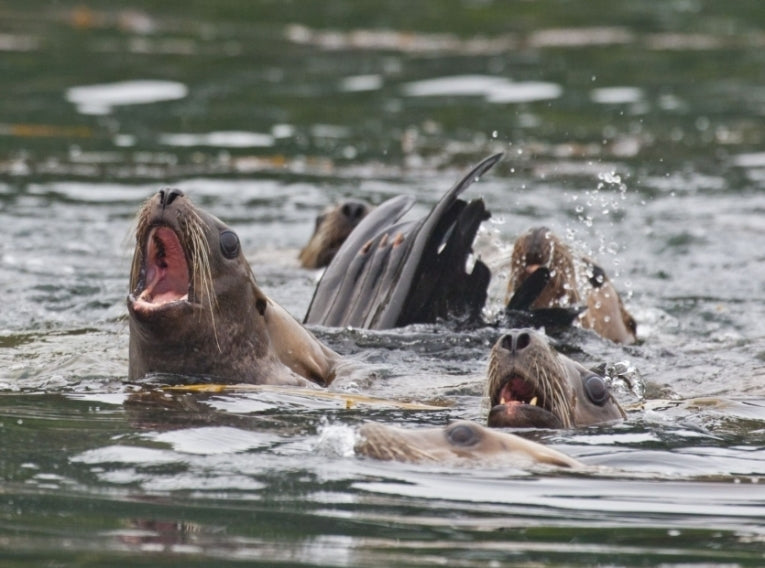Scientists have discovered that some meat-eating mammals often lose their taste for sweet things.
The team from the non-profit reserach institute, Monell Center, in Philadephia, USA, have also found that ocean mammals that swallow their food whole often lose much of their ability to taste. The researchers believe that as creatures evolve special diets, they are at risk of losing their 'sweet tooth'.
The team previously discovered that wild cats and domesticated species could not taste sweet things because of a defective gene.
The study, published on the website of the Proceedings of the National Academy of Sciences USA, looked at sweet taste receptors in other carnivores and found the animals also have also no liking for sweet things.
Senior author, Monell behavioural biologist Gary Beauchamp, Ph.D, says, "Sweet taste was thought to be nearly a universal trait in animals. That evolution has independently led to its loss in so many different species was quite unexpected."
Carnivores that have flawed sweet receptor genes include the spotted hyena, sea lion, Pacific Harbour seal, fur seal, banded lingsang and the cat-like fossa from Madagascar.
But functioning sweet receptor genes were present in the spectacled bean, racoon, red wolf, aardwolf and the Canadian otter - some of which are carnivores and some that eat other foods. Additional research showed that the faulty part of the sweet receptor gene varied in the seven species studied.
The researchers conclude that that taste loss has happened many times through the evolutionary process, which shows the importance of niche diets in the make up of an creature's sensory system.
The team also looked at sweet and umami (savoury) taste receptor genes in sea lions and bottlenose dolphins that have "gone back" to the sea to learn more about the link between feeding behaviour and taste. They were chosen because they swallow their food whole.
Both taste receptions did not function in the creatures and the dolphin also had defective receptor genes for bitter tastes.
Among those taking part in the study were Jesusa Josue, Xia Li, Weihua Li, Joseph G. Brand, Robert F. Margolskee, and Danielle R. Reed from Monelland Dieter Glaser from the University of Zurich, Switzerland. The research was funded by the National Institute on Deafness and Other Communication Disorders and the Monell Chemical Senses Center, which is an independent non-profit institute for basic research.
Monell aims to increase scientific understanding of how taste and smell works for the advance of human health.










